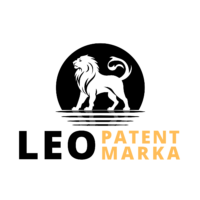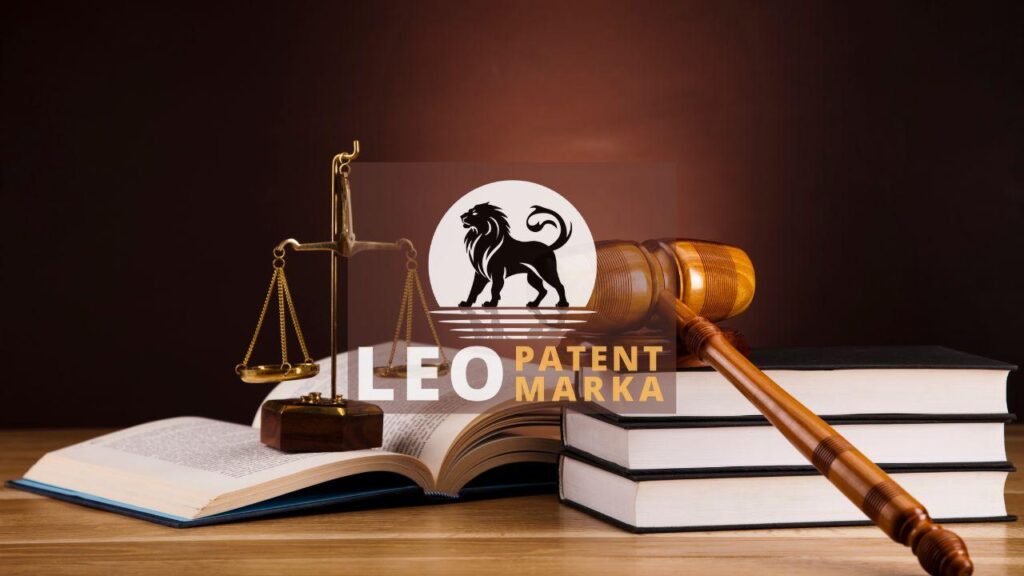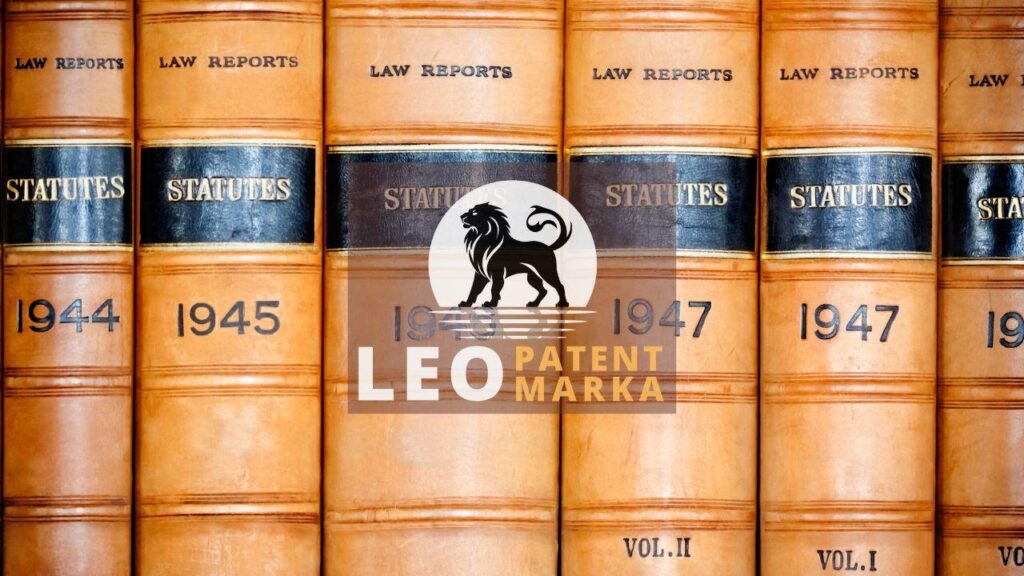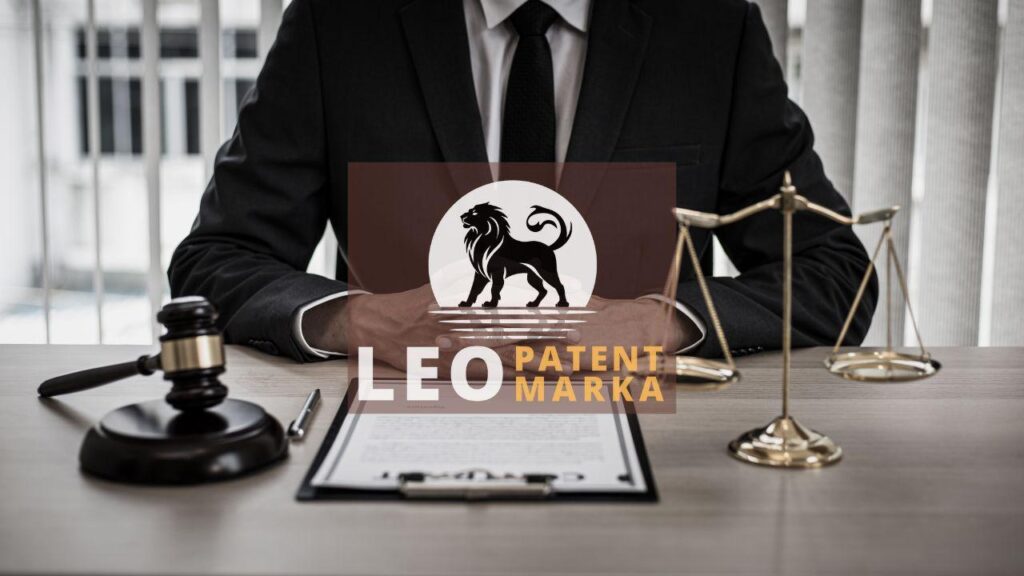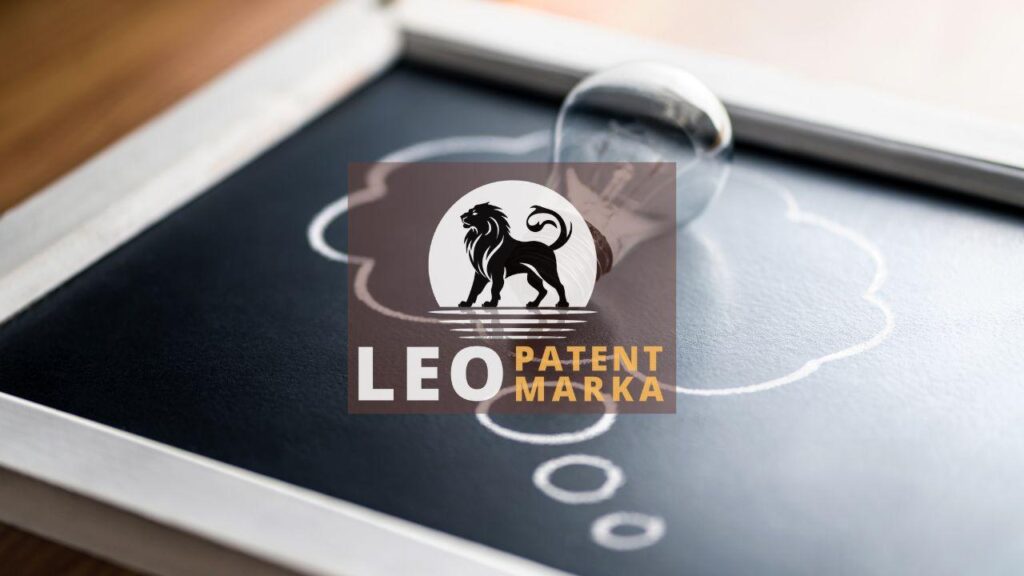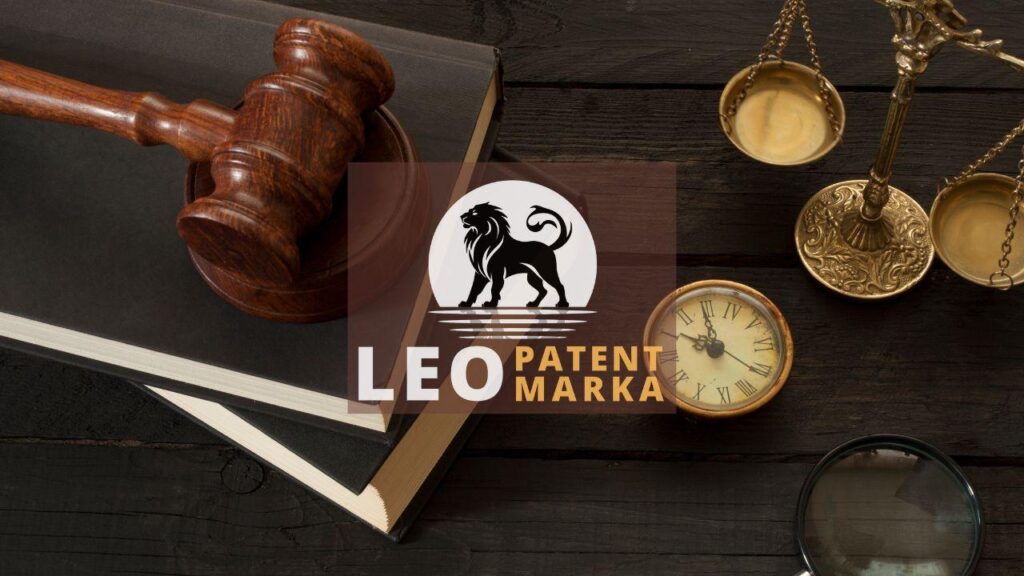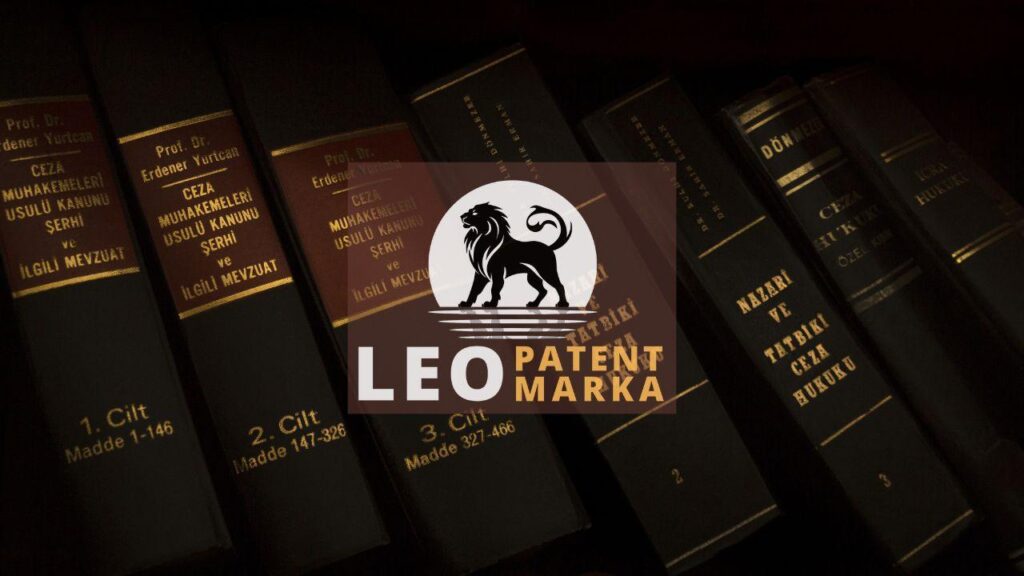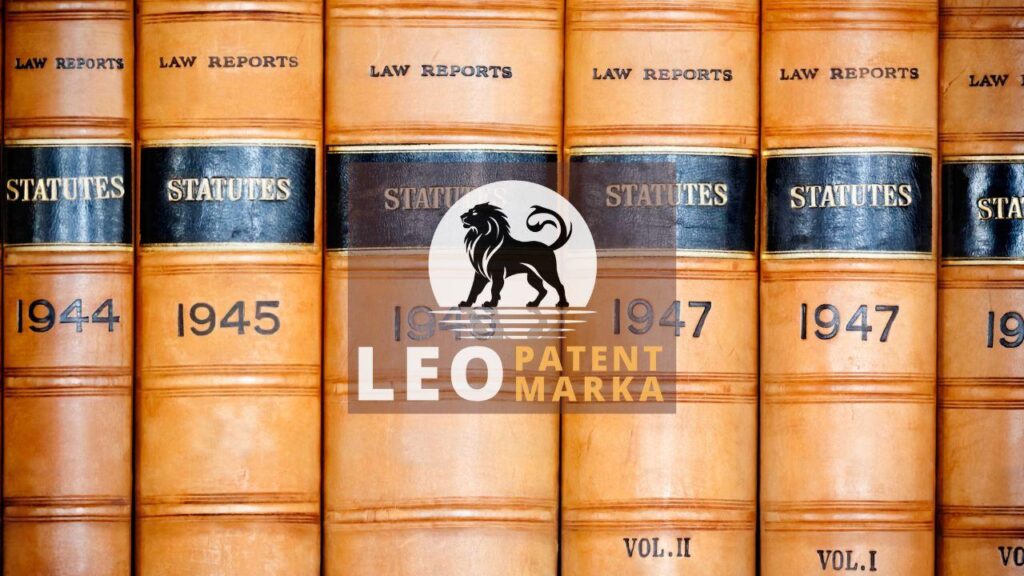In an ever-evolving marketplace, the detection of trademark counterfeiting has become an imperative concern for businesses striving to protect their brand integrity and intellectual property rights. In Turkey, the legal framework surrounding trademark protection is robust, yet counterfeit activities persist, threatening both economic stability and consumer trust. At Leo Patent, we specialize in safeguarding your intellectual assets through comprehensive trademark application services, diligent monitoring, and enforcement strategies designed to combat counterfeiting effectively. Our expertise in navigating the complexities of trademark law ensures that your brand remains secure from infringement and maintains its distinct market presence. By staying informed about the latest developments and employing advanced detection techniques, we help our clients mitigate risks associated with counterfeit goods, thus preserving the value and reputation of their trademarks.
Legal Framework in Turkey: A Comprehensive Overview
In Turkey, the legal framework governing trademark protection is primarily established under the Turkish Industrial Property Code No. 6769, which came into force on January 10, 2017. This legislation consolidates various aspects of intellectual property, including trademarks, patents, designs, and geographical indications, into a single, cohesive statute. The Turkish Patent and Trademark Office (TÜRKPATENT) is the principal authority responsible for the registration and enforcement of trademarks. Through this comprehensive legal structure, trademark owners are granted exclusive rights to use and control their marks, thereby enabling them to take legal action against unauthorized use and counterfeiting. Furthermore, Turkey’s alignment with international agreements such as the Paris Convention and the Madrid Protocol enhances its regulatory landscape, providing robust mechanisms for the protection of trademarks both domestically and abroad.
One of the pivotal components of the Turkish trademark protection regime is the enforcement mechanism, which includes both civil and criminal remedies against trademark counterfeiting. Intellectual property courts have been established in various regions, ensuring that legal disputes specific to trademarks are handled by specialized judges with expertise in the field. Injunctions can be issued by these courts to prevent the continued production and distribution of counterfeit goods, while substantial financial damages may be awarded to trademark owners harmed by such activities. Additionally, criminal penalties, including imprisonment and heavy fines, serve as a strong deterrent against counterfeiters. Customs authorities in Turkey also play an active role in the fight against counterfeiting by inspecting goods entering and leaving the country, thereby intercepting counterfeit products at the borders. Through these multifaceted enforcement strategies, trademark owners are equipped with effective tools to protect their intellectual property and maintain the integrity of their brands in the market.
At Leo Patent, we understand that navigating the intricate legal framework for trademark protection in Turkey can be challenging. Our team of seasoned professionals is dedicated to providing tailored legal advice and support throughout the entire trademark process, from application and registration to enforcement and litigation. We ensure our clients are well-informed about their rights and the legal remedies available to them, enabling proactive and effective action against counterfeiters. By leveraging our comprehensive understanding of Turkish and international trademark laws, we help businesses secure their brand’s value and reputation, ensuring they remain competitive in an increasingly globalized market. Trust Leo Patent to be your steadfast partner in protecting your intellectual property and combating trademark counterfeiting.
Effective Strategies for Identifying Counterfeit Goods
Effective strategies for identifying counterfeit goods begin with thorough market surveillance and a keen eye for detail. At Leo Patent, we leverage advanced analytical tools and proprietary databases to scrutinize market activities, isolating potential counterfeit threats swiftly. We emphasize the importance of educating your team on the nuances of your genuine products, including packaging, labeling, and quality markers that differentiate them from counterfeits. Collaborating with customs authorities and utilizing technologies like RFID tagging and blockchain for supply chain transparency are also pivotal steps in pinpointing fake goods. By implementing these strategies, businesses can significantly reduce the incidence of counterfeiting and safeguard their intellectual property.
Another critical strategy involves conducting regular audits and utilizing test purchases to verify the authenticity of goods circulating in the market. At Leo Patent, we advise our clients to perform these audits both physically and online, as counterfeiters often exploit various sales channels, including e-commerce platforms and social media. Implementing a secure authentication program, such as holograms or QR codes, can further aid in distinguishing genuine products from fakes. Additionally, fostering strong relationships with retailers and distributors can create an added layer of vigilance, ensuring that any discrepancies are reported and addressed promptly. Through these proactive measures, companies can outpace counterfeiters and maintain the integrity of their brand.
To complement these strategies, engaging legal avenues and enforcing intellectual property rights are paramount in combating trademark counterfeiting. At Leo Patent, we provide comprehensive legal support, from filing trademark infringement lawsuits to coordinating with law enforcement for raids and seizures of counterfeit goods. Additionally, we assist clients in obtaining protective measures such as cease-and-desist orders and injunctions to halt the manufacture and distribution of fake products. Staying vigilant and adapting to emerging counterfeiting techniques is crucial, and our team is dedicated to keeping you one step ahead through continuous monitoring and legal interventions. By combining these legal frameworks with proactive identification and prevention techniques, businesses can fortify their defenses against counterfeit threats and ensure sustained brand protection.
Enforcement Actions and Best Practices for Trademark Protection
Enforcement actions are crucial in combating trademark counterfeiting and safeguarding brand integrity. In Turkey, these actions can encompass a range of legal measures including civil litigation, criminal prosecution, and customs enforcement. Proactively working with an intellectual property consultancy like Leo Patent ensures that businesses are well-prepared to take decisive action against counterfeiters. By conducting regular market surveillance and leveraging advanced technological tools, companies can swiftly identify and address instances of infringement. Furthermore, collaborating with law enforcement and customs authorities enhances the effectiveness of confiscation and destruction of counterfeit goods. Adopting best practices such as diligent trademark registration, continuous monitoring, and quick response to infringements can significantly diminish the prevalence of counterfeit activities, thereby protecting both economic interests and consumer trust.
In the realm of enforcement, tracking and documenting instances of trademark infringement is pivotal. At Leo Patent, we employ state-of-the-art monitoring systems to scrutinize online marketplaces, social media platforms, and physical retail spaces for unauthorized use of our clients’ trademarks. Accurate documentation, including detailed reports and evidence collection, forms the backbone of successful legal action against counterfeiters. Collaborating with cybersecurity experts further enhances our ability to trace counterfeit networks and shut them down effectively. Additionally, it is essential for businesses to educate their staff and stakeholders about the signs of counterfeit goods and the protocols for reporting suspected infringements. A well-informed team can serve as an early warning system, allowing quicker and more efficient enforcement actions. By integrating these proactive measures, companies can fortify their defenses against counterfeiting and ensure robust protection of their trademarks.
Beyond immediate enforcement and monitoring, fostering strong relationships with both local and international stakeholders is essential for long-term trademark protection. At Leo Patent, we advocate for establishing and maintaining collaborative partnerships with industry associations, governmental bodies, and international organizations dedicated to intellectual property rights. This network not only provides timely updates on emerging counterfeit trends but also facilitates joint operations to tackle large-scale counterfeiting networks. Moreover, participating in informational campaigns and industry workshops enhances collective awareness and equips businesses with the knowledge to preempt and combat counterfeit activities effectively. Regular audits and reviews of your trademark protection strategy also ensure that it stays relevant and responsive to evolving counterfeiting techniques. By leveraging these relationships and continuously adapting to new challenges, companies can create a resilient ecosystem that safeguards their intellectual property and maintains consumer confidence.
Disclaimer: This article is for general information purposes only and it is recommended that you consult experts and companies in that field to evaluate your specific situation. We are not responsible for any damage that may arise from the use of the information in this article.
